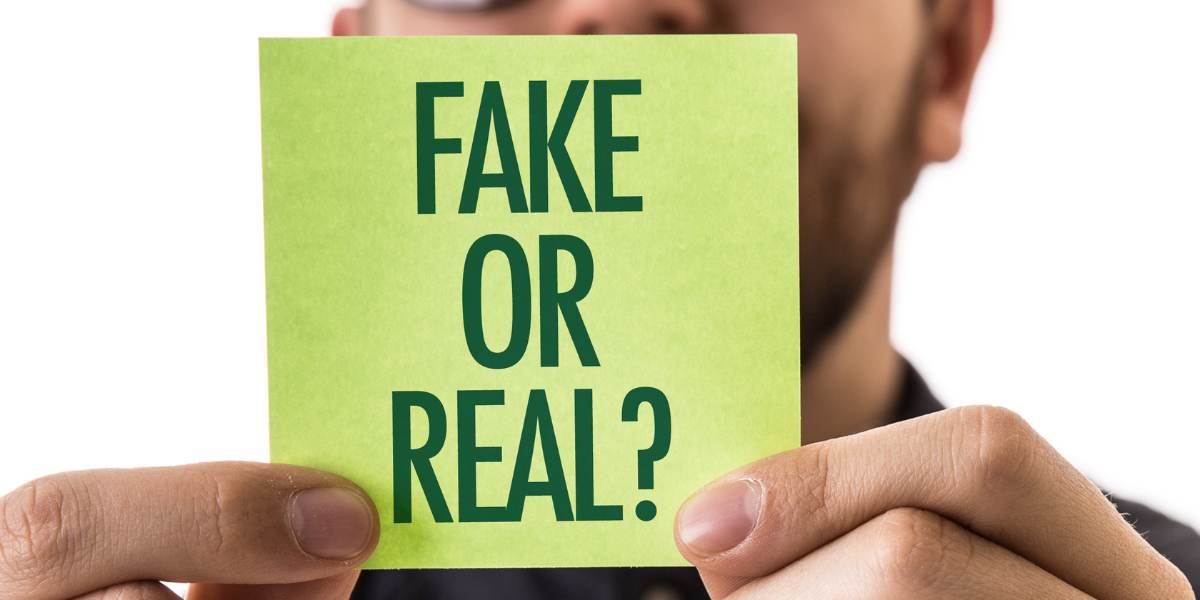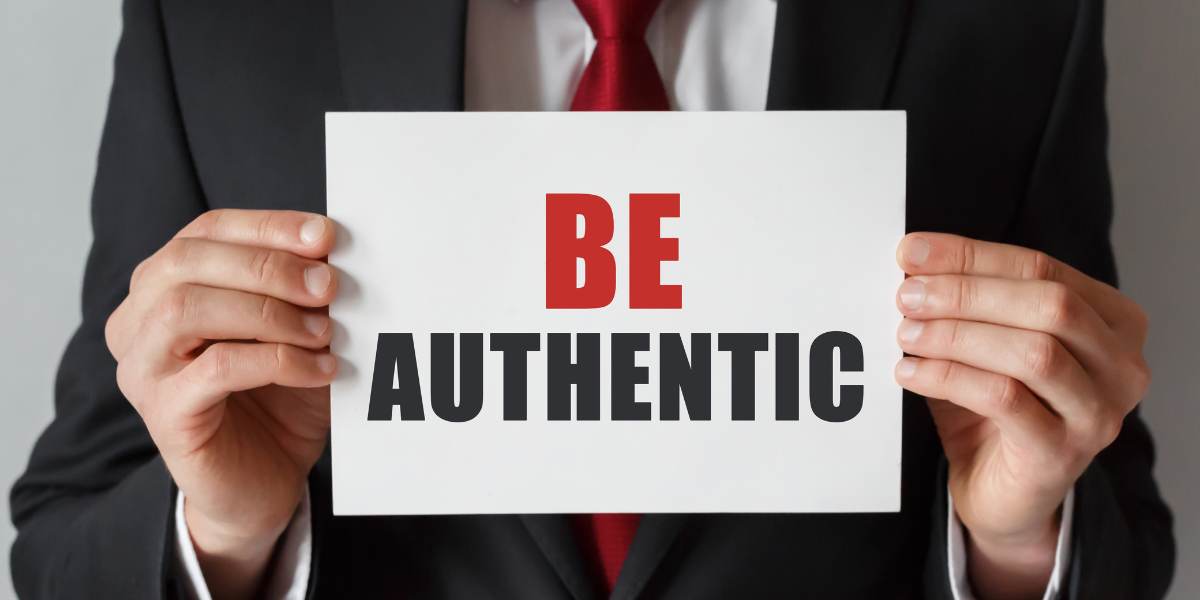Unveiling the Deception, Embracing Integrity: What Is Ethical Marketing?
Remember that “miracle detox tea” promising overnight weight loss and eternal youth? Or the “get rich quick” scheme guaranteeing financial freedom within a month? These aren’t just marketing campaigns; they’re illusions woven from propaganda, designed to exploit our vulnerabilities and lure us into a web of misleading claims and hidden fees. In this murky landscape of marketing, it’s easy to feel disillusioned and lost.
But there is a beacon of hope: ethical marketing.
Ethical marketing isn’t just a fancy buzzword; it’s the antidote to the poison of propaganda. It’s a promise whispered between truth and transparency, where honesty reigns supreme over manipulation, and consumer well-being takes center stage. It’s about building trust, not exploiting insecurities. It’s about offering genuine value, not peddling a narrative to consolidate control or garner profit.
Well unpack the deceptive arsenal of propaganda, expose its cunning tactics, and then unveil the shining principles of ethical marketing: transparency, authenticity, consumer well-being, and social responsibility. We’ll equip you with practical ways to spot the imposters and champion the ethical champions.
Reclaim power, choose authenticity over illusion, and contribute to a business landscape where trust isn’t just a fleeting promise, but the very foundation of every interaction.
Demystifying the Fog of Propaganda
Forget smoke and mirrors; in the world of marketing, propaganda wields a far more insidious weapon: misinformation, cloaked in the guise of alluring promises and emotional appeals. It’s not about informing, it’s about manipulating, prioritizing profit over your well-being and trust for profit or power.
The best propaganda is sneaky. It the kind you don’t notice. The trouble is propaganda deprives you of choice, voice, and power.
At its core, propaganda in marketing boils down to one thing: deception. It twists information, plays on insecurities, and exploits emotions to influence your choices. Imagine ads bombarding you with fear-mongering scenarios about aging or illness, urging you to buy their “miracle cure.”
Or picture the endless parade of bandwagon appeals, convincing you that everyone else is already using their product, so you should too. Remember those glowing testimonials with no context, or the cleverly cherry-picked data painting a one-sided picture? These are just a few tools in the propaganda arsenal, wielded to sway your decisions without revealing the full truth.
The consequences of this manipulative dance are far-reaching and insidious. We become cynical, distrustful of all marketing, doubting even genuine messages. Propaganda exploits our vulnerabilities, preying on anxieties about health, appearance, or social acceptance.
It can lead to poor decision-making, purchasing products we don’t need or falling victim to scams. On a broader scale, it can fuel societal divisions, exacerbate stereotypes, and hinder informed public discourse. When trust in essential information erodes, the very fabric of our society suffers.
Propaganda thrives in the shadows. It relies on our lack of awareness, our emotional triggers, and our desire for quick fixes. But armed with knowledge, we can become discerning people who see through the fog.
Illuminating the Pillars of Ethical Marketing
1. Transparency: Let the Truth Shine Through.
Gone are the days of hidden fees, ambiguous wording, and exaggerated claims. Ethical marketing commits to transparency, shedding light on every aspect of the product or service. Ingredient lists are detailed, pricing is upfront, and communication is straightforward.
Businesses acknowledge limitations, address concerns openly, and prioritize honest dialogue over sugarcoated promises. Remember, trust thrives in transparency and authenticity.
2. Authenticity: Embracing Our Imperfectly Beautiful Selves.
In a world saturated with airbrushed models and staged scenarios, ethical marketing stands apart by embracing authenticity. It celebrates diversity in its representations, avoids perpetuating harmful stereotypes, and showcases products and services in their genuine form.
It speaks to real people with real needs, recognizing that imperfection is not a flaw, but a beautiful part of being human. When brands embrace authenticity, they build genuine connections with consumers who seek not just products, but a reflection of themselves.
3. Consumer Well-being: Putting People Before Profits.
Ethical marketing recognizes that at the heart of every transaction lies a human being. It prioritizes safety, quality, and responsible advertising practices, ensuring that products and services deliver genuine value without compromising well-being.
This means putting consumer health and safety above profit margins, avoiding manipulative tactics like pressure selling or predatory pricing, and fostering a sense of trust and respect in every interaction. Ethical brands understand that happy, healthy customers are the foundation of sustainable success.
4. Environmental and Social Responsibility: Weaving Ethics into the Fabric of Business.
Ethical marketing extends beyond the product itself, embracing a broader canvas of environmental and social responsibility. Businesses committed to this ideal integrate sustainability practices into their operations, source materials ethically, and contribute to positive social change.
They champion fair labor practices, support local communities, and strive to minimize their environmental impact. Through these actions, they weave a tapestry of responsibility, demonstrating that success isn’t just about numbers on a spreadsheet, but about leaving a positive legacy for the world.
These four pillars are not just ideals; they are the blueprint for a brighter future of marketing. By choosing brands that uphold these principles, we empower businesses to do better and pave the way for a more ethical, responsible, and ultimately, a more humane economic landscape.

Putting It into Practice: Navigating the Marketing Maze with Confidence
Question everything: Don’t blindly accept claims at face value. Ask “why,” “how,” and “for whom” this message is designed. Investigate statistics, research product ingredients, and compare prices before hitting that “buy” button.
Become a Fact-Checking Detective: Verify claims with independent sources, fact-checking websites, and reliable news outlets. Seek diverse perspectives beyond the advertiser’s echo chamber to identify potential biases.
Recognize the Red Flags: Keep an eye out for common propaganda tactics like fear-mongering, bandwagon appeals, and testimonials without context. Be wary of vague promises, exaggerated claims, and emotionally charged language.
Empower Yourself with Resources:
Befriend Media Literacy Organizations: Equip yourself with the skills to analyze and evaluate information critically. Organizations like Media Literacy Clearinghouse and Center for Digital Literacy offer valuable resources and educational programs.
Seek Guidance from Consumer Advocacy Groups: Tap into the power of organizations like Consumer Reports and Public Citizen. They advocate for ethical business practices, expose misleading marketing tactics, and empower consumers to make informed choices.
Leverage Independent Review Platforms: Websites like Better Business Bureau and Trustpilot provide invaluable insights into consumer experiences with brands. Read reviews, report misleading practices, and hold businesses accountable for unethical behavior.
If you appreciate what we are doing and wat to get involved. Subscribe to the email list.
Be the Beacon of Change:
Support Ethical Champions: Choose brands that align with your values, prioritize transparency, and demonstrate social responsibility. Amplify their message, share their stories, and encourage others to make conscious consumer choices.
Hold Businesses, Governments, and NGOs Accountable: Don’t hesitate to call out misleading practices. Report deceptive advertising, file complaints with relevant authorities, and voice your concerns directly to brands. Your voice matters, and collective action can spark change.
Remember, navigating the marketing landscape requires vigilance and conscious effort. But with the tools and resources at your disposal, you can become an empowered person, a champion of ethical practices, and a catalyst for a brighter future.
Let’s raise the bar for marketing together, demanding honesty, transparency, and respect in every interaction.
Putting It into Practice: Tools and Resources for Navigating the Marketing Landscape:
Remember, propaganda isn’t just a marketing misstep; it’s a betrayal of trust. It erodes our confidence, exploits our vulnerabilities, and hinders our ability to make informed choices. Ethical marketing, in stark contrast, offers a refreshing antidote. It builds trust, champions authenticity, and prioritizes our well-being. It recognizes that genuine connections, not manipulative ploys, are the foundation of sustainable success.
The benefits of ethical marketing extend far beyond individual purchases. When businesses embrace responsibility, they contribute to a healthier society. They foster environmental sustainability, champion fair labor practices, and support vibrant communities. They become allies in building a world where profit isn’t the sole metric of success, but where ethical considerations guide every decision.
Our call to action echoes in two directions:
Consumers and citizens: Rise as discerning heroes in this narrative. Sharpen your critical thinking, demand transparency, and amplify your voices. Support ethical brands, expose deceptive practices, and champion change. Remember, every informed choice is a vote for integrity, and every voice raised can ignite a revolution.
Businesses and organizations: Prioritize truth, celebrate diversity, and build genuine connections with your audience. Remember, trust is your most valuable asset; earn it, nurture it, and watch your business thrive on a foundation of ethical practices.
This journey towards a brighter future of marketing demands collective action. Equip yourselves with resources like media literacy organizations, consumer advocacy groups, and independent review platforms.
Share your experiences, amplify voices, and hold both yourselves and others accountable. Remember, every step you take, every informed choice you make, paves the way for a more ethical, responsible, and ultimately, a more humane marketplace.

Real-World Examples
1. Brands Beaconing the Way:
Patagonia: This outdoor apparel giant is a champion of environmental sustainability. They use recycled materials, prioritize ethical sourcing, and actively advocate for environmental protection. Their “Don’t buy this jacket” campaign challenged overconsumption and resonated with eco-conscious consumers.
Dove: Dove’s “Real Beauty” campaign celebrated body diversity and challenged conventional beauty standards. By featuring real women of all shapes, sizes, and ethnicities, they fostered inclusivity and empowered consumers to embrace their unique beauty.
Ben & Jerry’s: This ice cream company is a vocal advocate for social justice. They support progressive causes, champion fair trade practices, and use their platform to address important social issues. Their commitment to ethical practices resonates with consumers who value social responsibility.
If you appreciate what we are doing and wat to get involved. Subscribe to the email list.
Numbers Speaking Volumes
A 2023 Edelman Trust Barometer revealed that only 58% of consumers globally trust businesses to act ethically. This decline signals a growing demand for responsible practices.
A 2022 study by Nielson found that 68% of consumers are willing to pay more for products from brands that are committed to social responsibility. This data indicates a shift in consumer priorities, with ethics becoming a key factor in purchase decisions.


